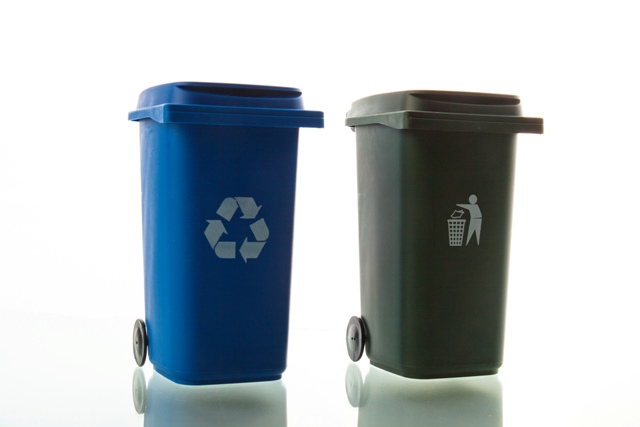The Regional District of Central Kootenay wants rural residents to talk trash with them.
Residents are encouraged to provide input on introducing curbside collection for household waste through an online survey.
According to a media release, the online platform will engage residents by providing them the ability to complete the survey and giving them more engagement with staff and members of the community.
“The days of throwing everything we no longer want, or need, into a hole in the ground are long past,” said Garry Jackman, RDCK director for Area A, in a media release. “Today, many speak of reaching the point of ‘zero waste,’ but that shift is complex and will take many years.”
According to the release, the service could cost households between $160 to $265 per year, which is based on similar programs throughout BC. The RDCK projects this cost would be less, or similar, to the cost endured by the average family paying in fuel, time and disposal fees to self-haul their waste.
The RDCK is projecting that the results of the consultation period will be completed, and made public, by early summer. They also indicate if the consultation shows widespread support for the proposal then the RDCK would proceed with a referendum giving affected residents a final option to vote on the cost of $265 imposed.
Uil Wolf, RDCK general manager, said in the release providing curbside collection to residents would be effective on many levels, including having environmental impacts.
“Not only would curbside collection service in electoral areas be more convenient for residents, it would save on countless trips to recycling depots, transfer stations and landfills,” says Wolf. “It would diminish long term landfill costs and help reduce greenhouse gas emissions.”
The RDCK has received several grants to kick-start the program since 2017 totalling just over $4 million from Organics Infrastructure Program, Columbia Basin Trust, Clean BC Organics Infrastructure and a Collection Program grant.
Curbside pickup is already provided in several local municipalities.




